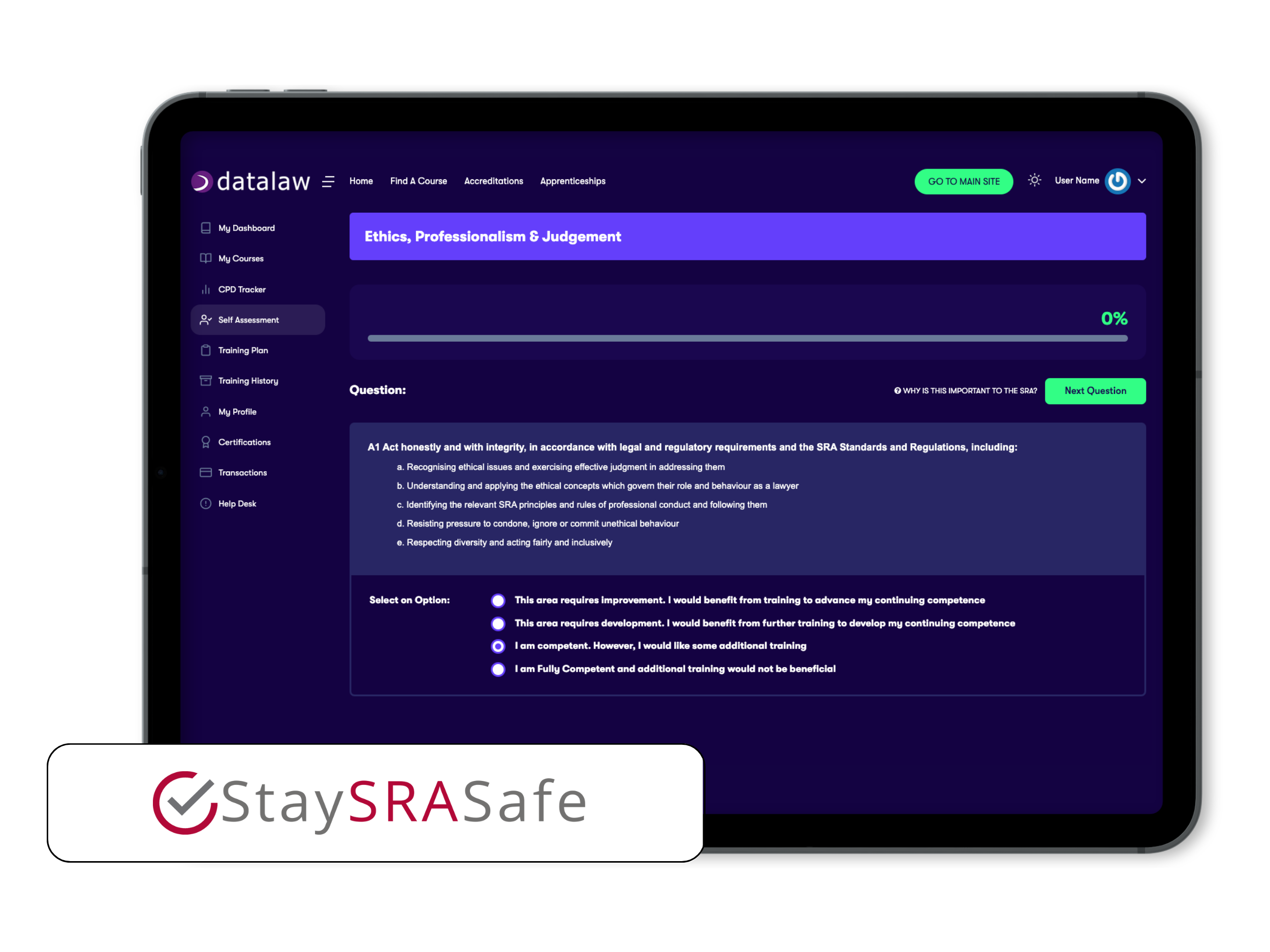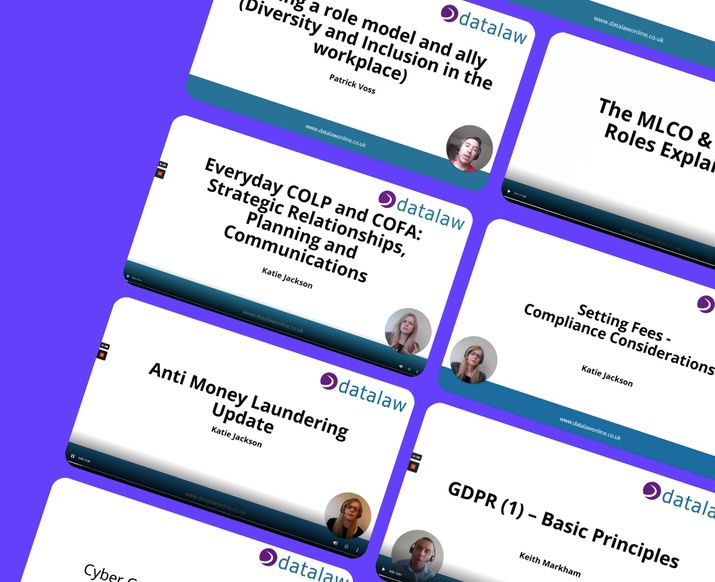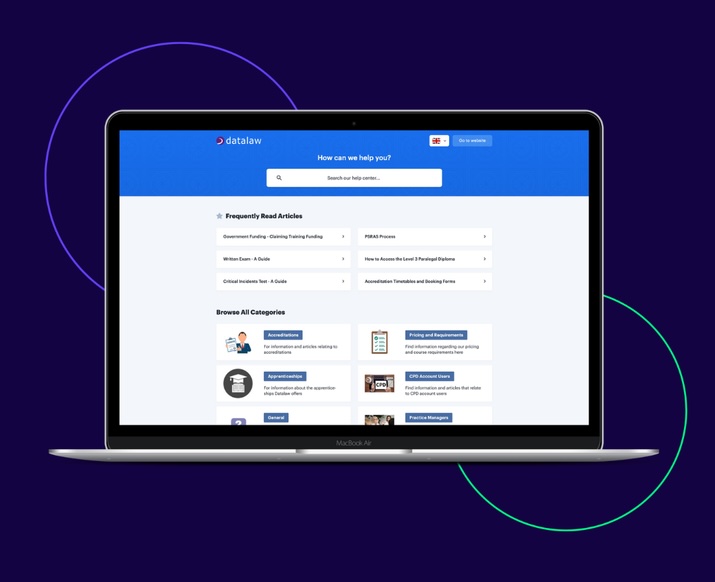
CPD: 0151 236 2024
Accreditations: 0151 242 0061
Office Hours: 9am-5pm, Mon-Fri
- Home
-
CPD Library
-
2025 CPD Category Bundles
Area of Law Bundles for 2025
- SRA Regulatory And Compliance Update 2025 Bundle
- SQM - Mandatory Training 2025 Bundle
- Introduction To Family Law And Practice Foundation - Bundle
-
Law Society Reaccreditation Bundles
For mandatory reaccreditation requirement compliance
- See All Bundles
Popular Categories
CPD Memberships
Popular Bundles
-
2025 CPD Category Bundles
-
Accreditations
Candidate Links
Police Station
Magistrates Court Qualification
-
Apprenticeships
Law Apprenticeships
SQE & CILEX Apprenticeships
- Home
-
CPD Library
-
2025 CPD Category Bundles
Area of Law Bundles for 2025
- SRA Regulatory And Compliance Update 2025 Bundle
- SQM - Mandatory Training 2025 Bundle
- Introduction To Family Law And Practice Foundation - Bundle
-
Law Society Reaccreditation Bundles
For mandatory reaccreditation requirement compliance
- See All Bundles
Popular Categories
CPD Memberships
Popular Bundles
-
2025 CPD Category Bundles
-
Accreditations
Candidate Links
Police Station
Magistrates Court Qualification
-
Apprenticeships
Law Apprenticeships
SQE & CILEX Apprenticeships






















